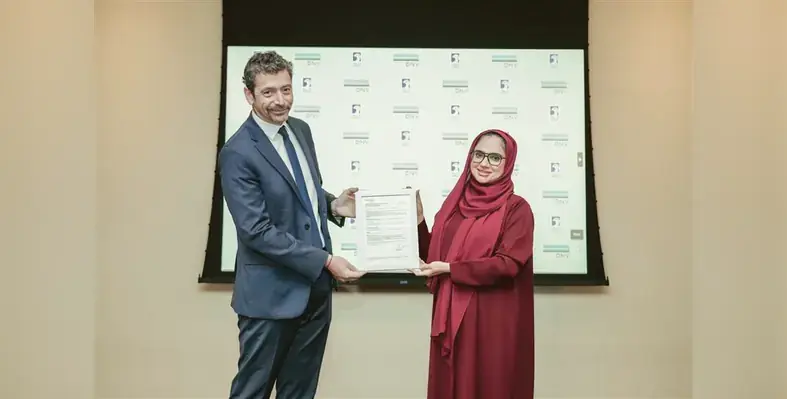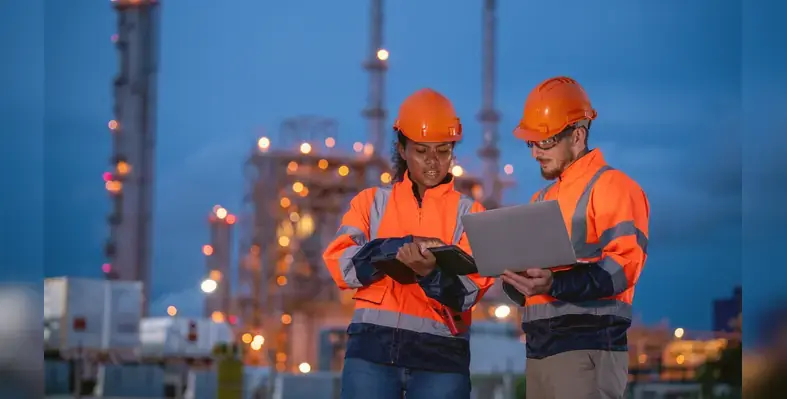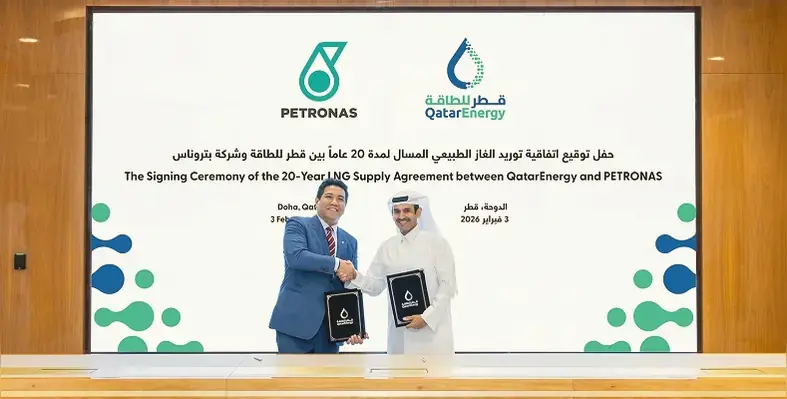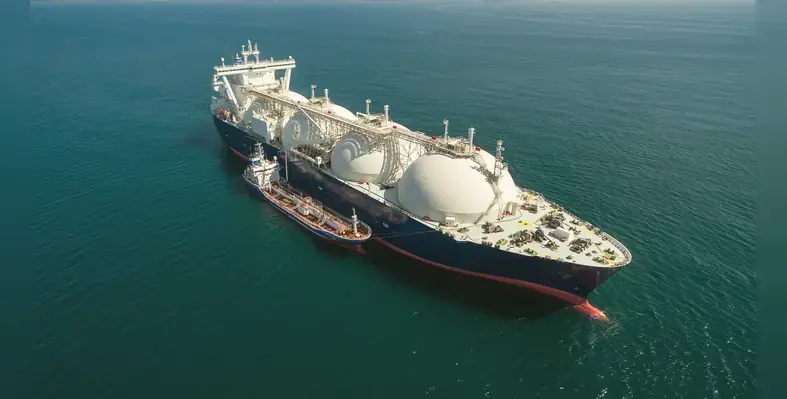
Penspen has recorded exceptional performance in its core markets. (Image source: Adobe Stock)
Global energy consultancy company Penspen scooped US$500mn in new contract awards in 2025, up 120% on 2024, underpinned by growth in its core Middle East market
The achievement reflects a year of strong global performance across engineering, project management consultancy (PMC) and asset integrity services, the company says.
In the Middle East and Africa, Penspen was awarded 65 new contracts worth US$456mn, spanning project management supervision and consultancy services, FEED, detailed design and integrity assessment. The UAE remained its largest and most strategic country of operation, supported by deep engagements across the ADNOC Group, where Penspen is one of the ADNOC Groups top-20 energy sector contractors operating in the UAE.
During the year, Penspen secured and executed a number of high-value PMC assignments supporting critical gas infrastructure, including LNG pre-conditioning, compression facilities, utilities and production enhancement programmes, alongside multiple offshore and onshore PMC packages.
In Saudi Arabia, Penspen concluded 12 new agreements spanning studies, FEED, detailed design and project management supervision services. It continued to build momentum through its selection under a framework with ENOWA, executed through a joint venture with Dar Al Handasah and in collaboration with Technip, positioning Penspen at the heart of NEOM’s next-generation energy and water infrastructure.
Neale Carter, executive vice president, Middle East, Africa and Asia Pacific Regions, said, “ The Middle East played a pivotal role in Penspen’s 2025 growth, contributing the largest share of new contract awards and reinforcing the region’s role as a strategic engine for the business.
“Our long-standing relationships across the UAE and Saudi Arabia, combined with our ability to deliver complex gas, LNG infrastructure and PMC programmes at scale, continue to differentiate Penspen in a highly competitive market. With sustained investment across gas, energy security, aviation, and transition-linked infrastructure, we see significant opportunity to build on this momentum in the years ahead.”
In addition to the Middle East and Africa, Penspen also saw strong growth in Europe and the Americas, supported by major infrastructure and energy transition programmes.
In the UK and Europe the company won 177 new contracts worth US$16mn, including fuelling terminal operations, pipeline maintenance and inspection, hydrogen repurposing and blending, carbon capture studies, gas compression upgrades and pipeline diversions
While in the Americas it secured 54 new contracts worth US$5mn, including pipeline fitness-for-service, electrical interference and cathodic protection studies, gas pipeline project management, production operations support and environmental testing.
Chief executive officer, Peter O’Sullivan, said, “With cumulative contract awards of US$500mn, 2025 stands out as one of the strongest commercial and delivery years in Penspen’s history.
“While we continued to build momentum across Europe and the Americas – particularly in energy transition – our performance was anchored by exceptional delivery in core markets where demand for large-scale, complex energy infrastructure remains strong.”














